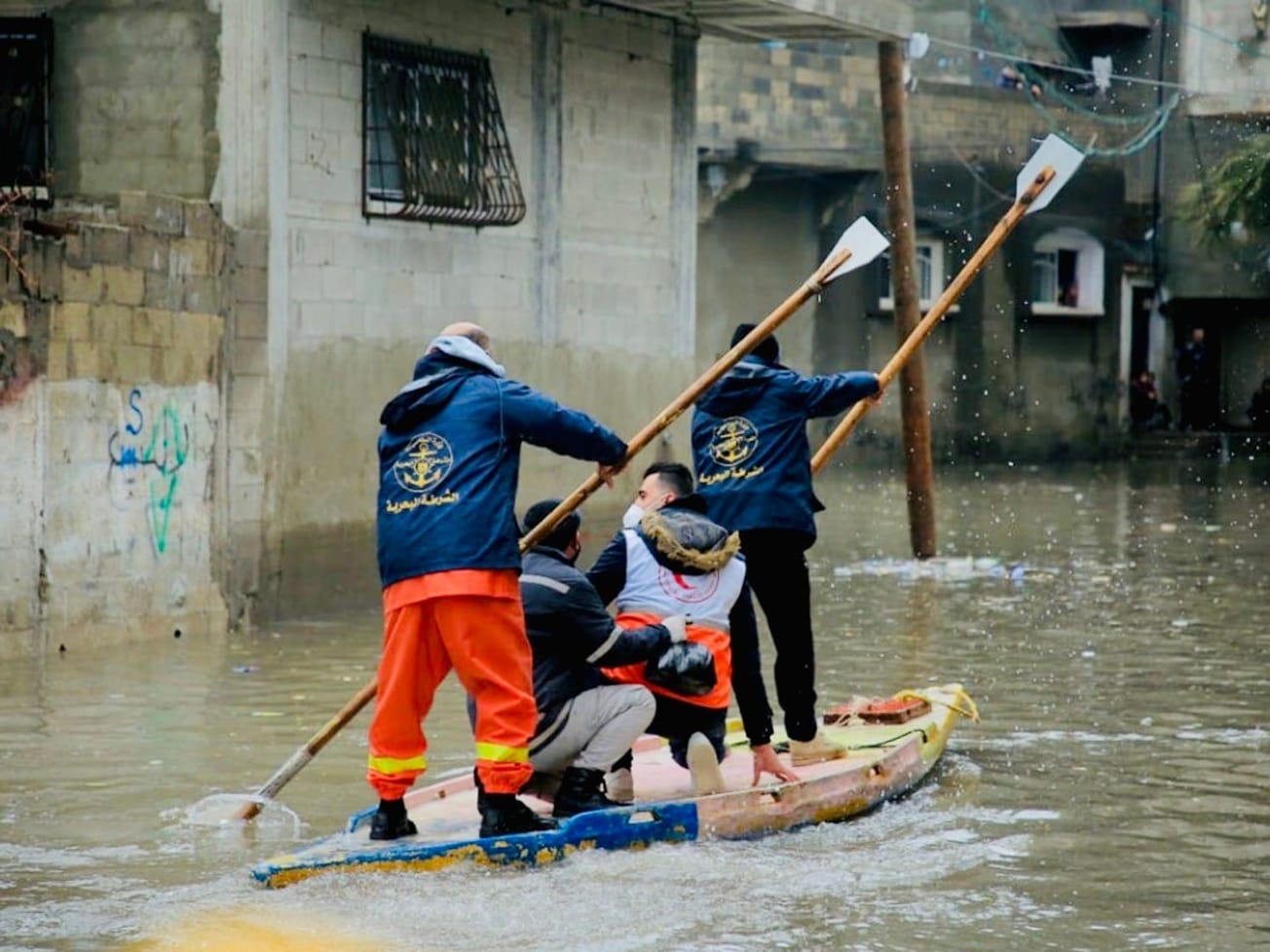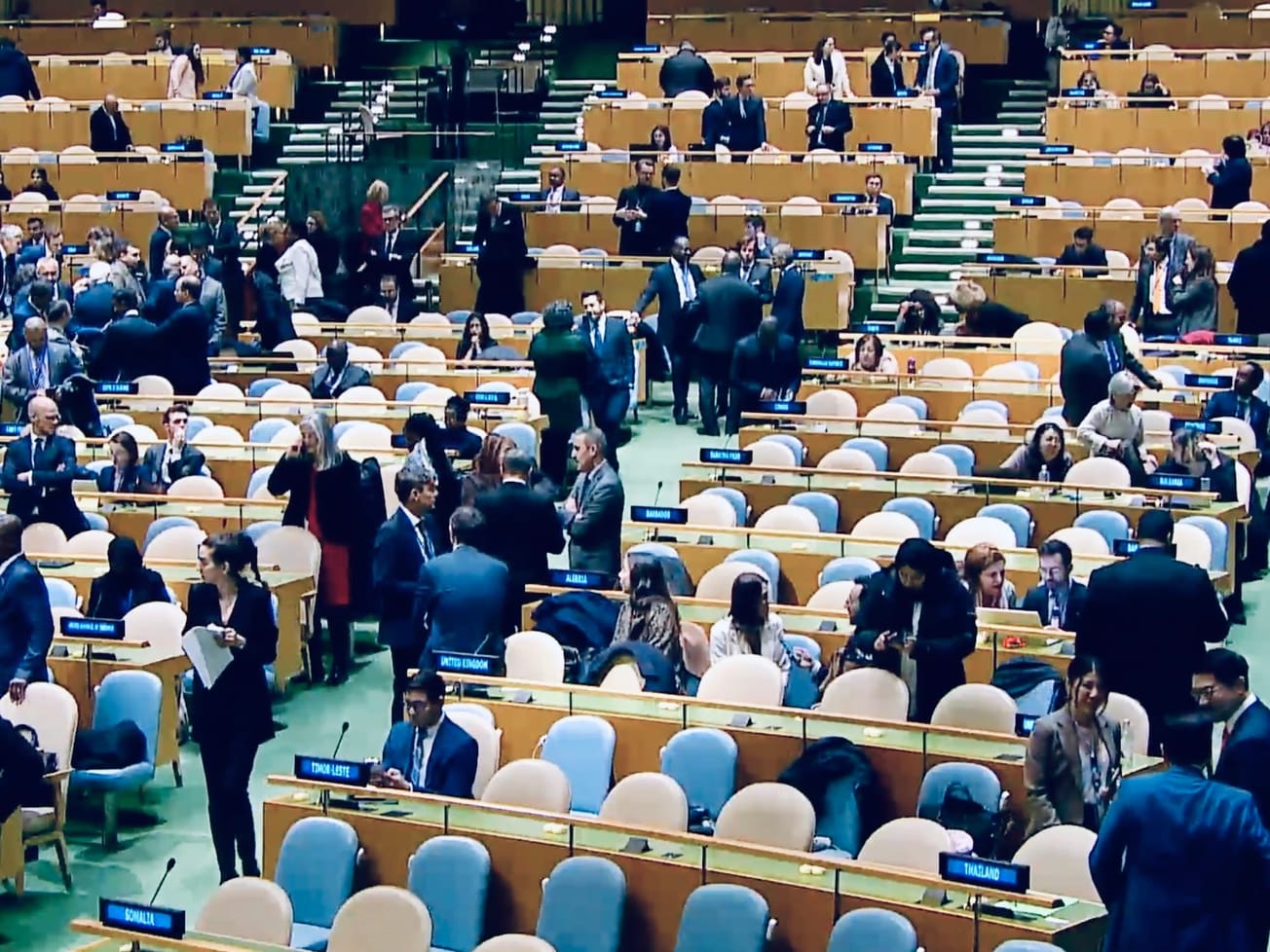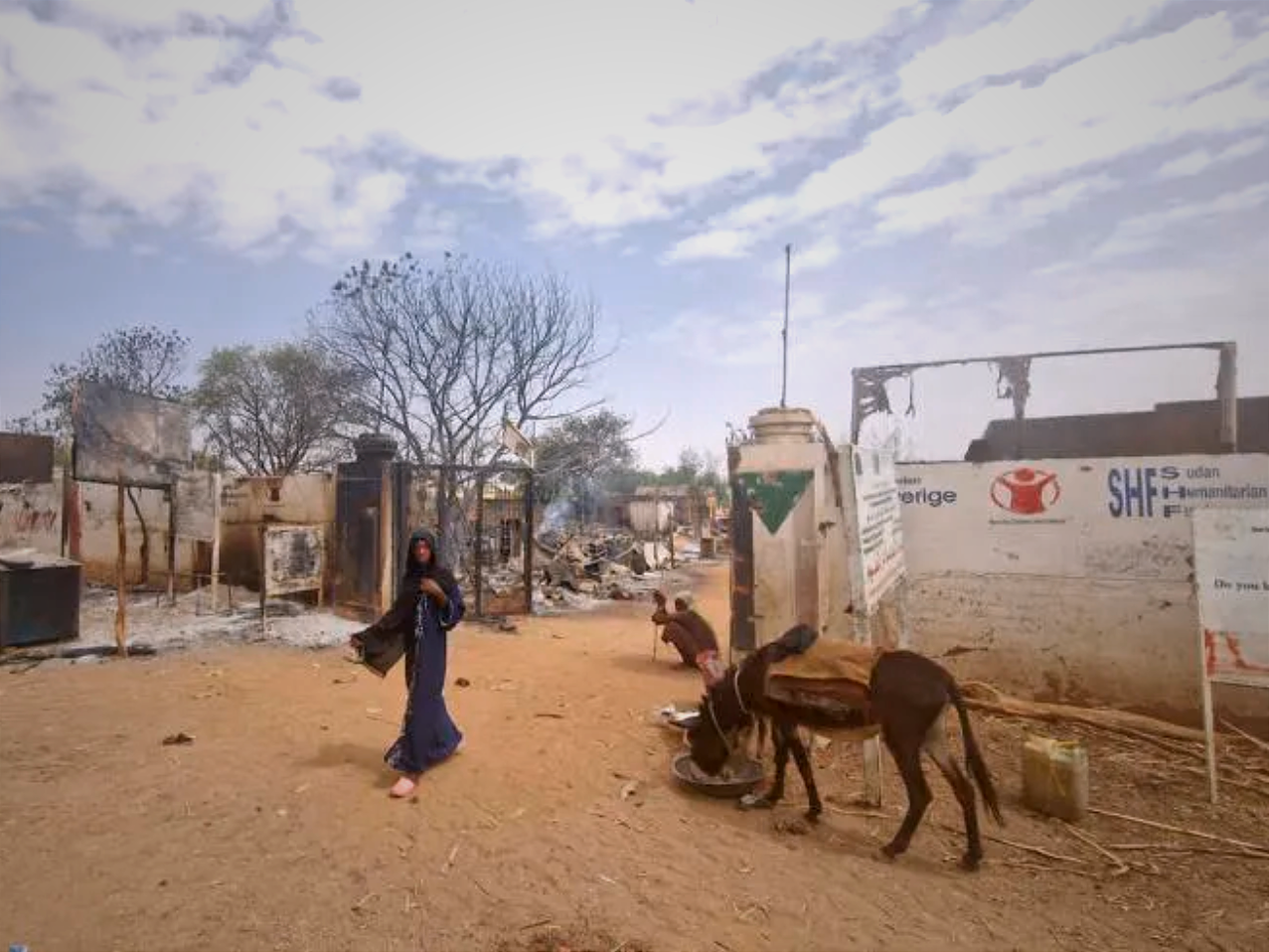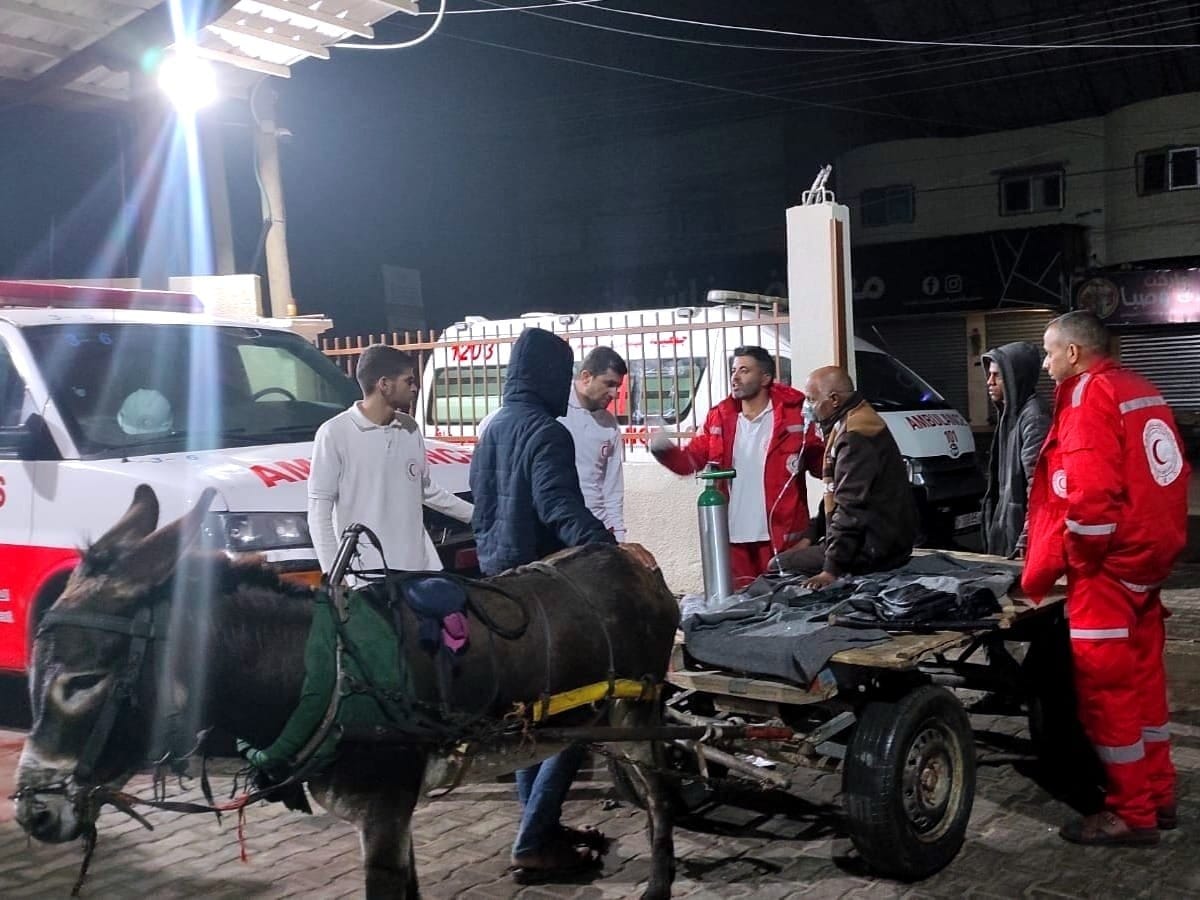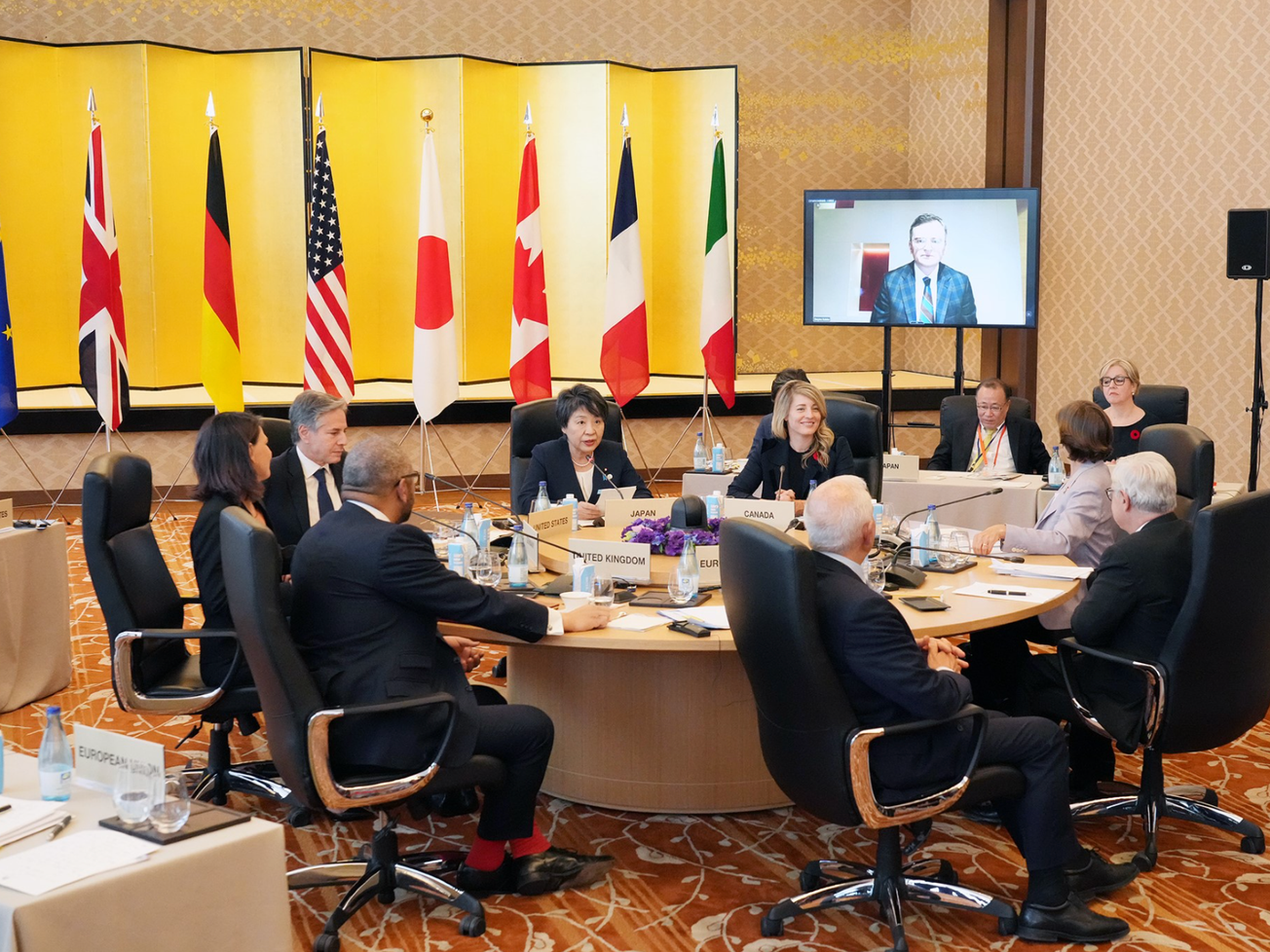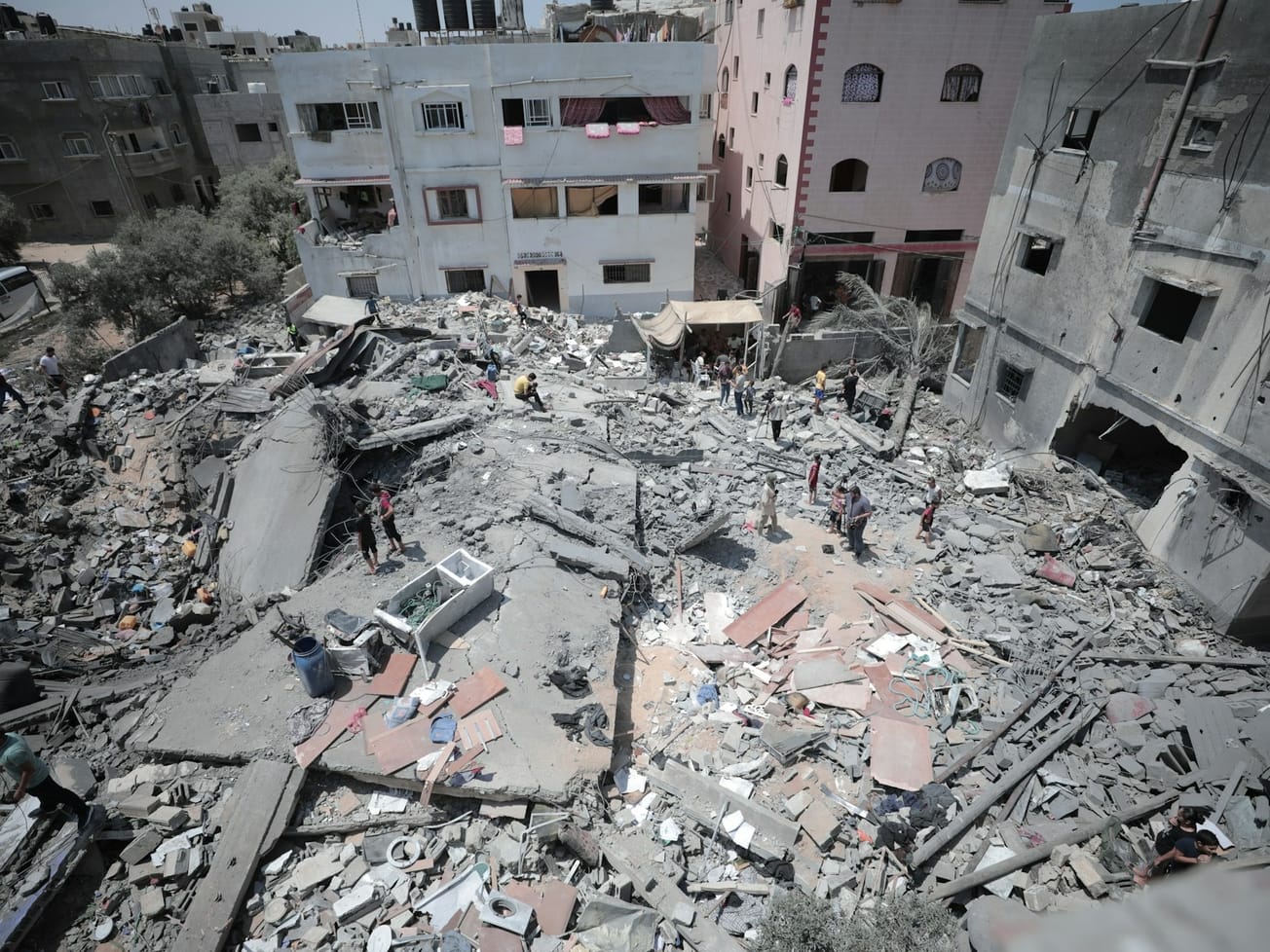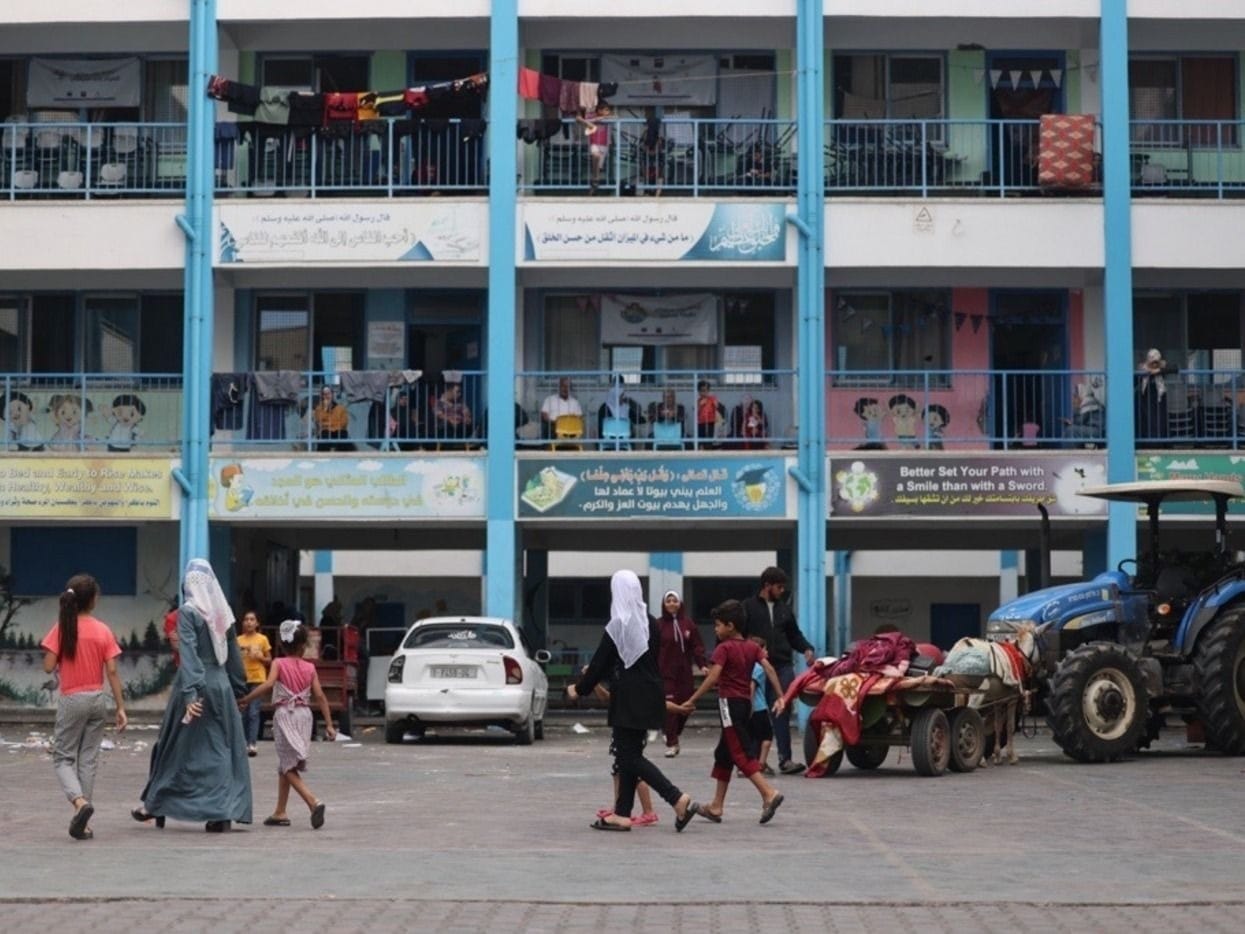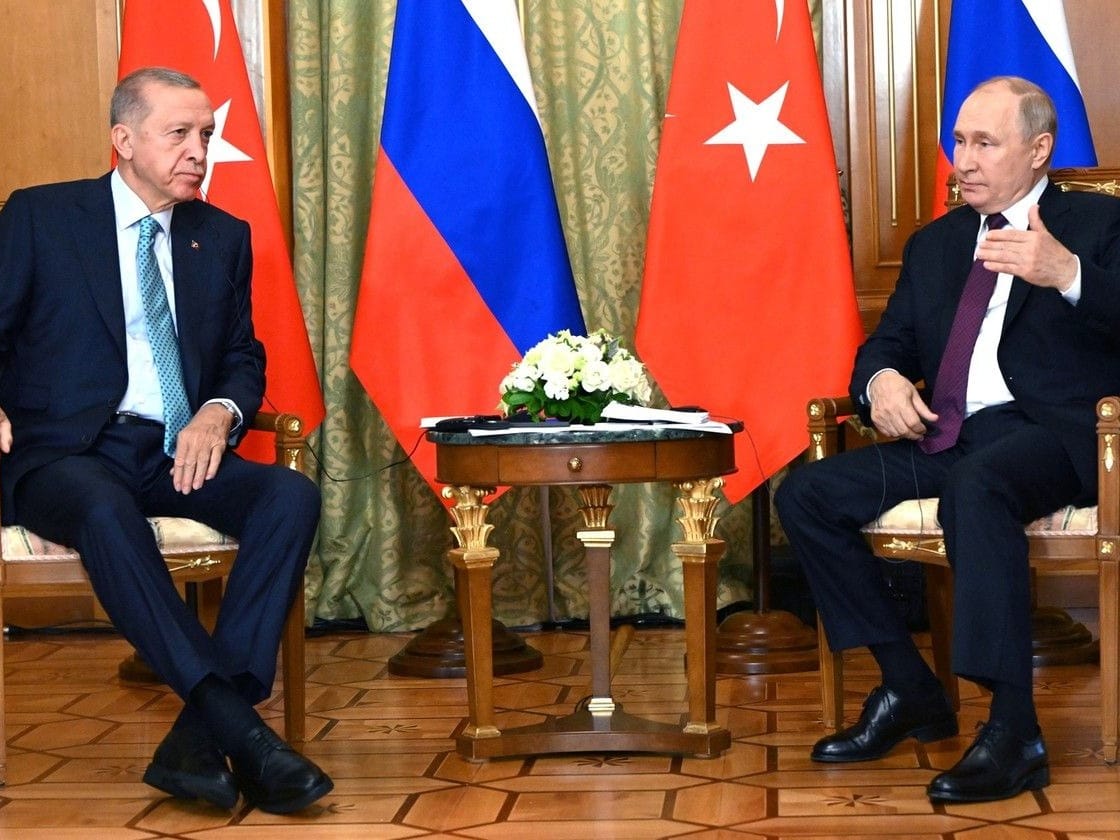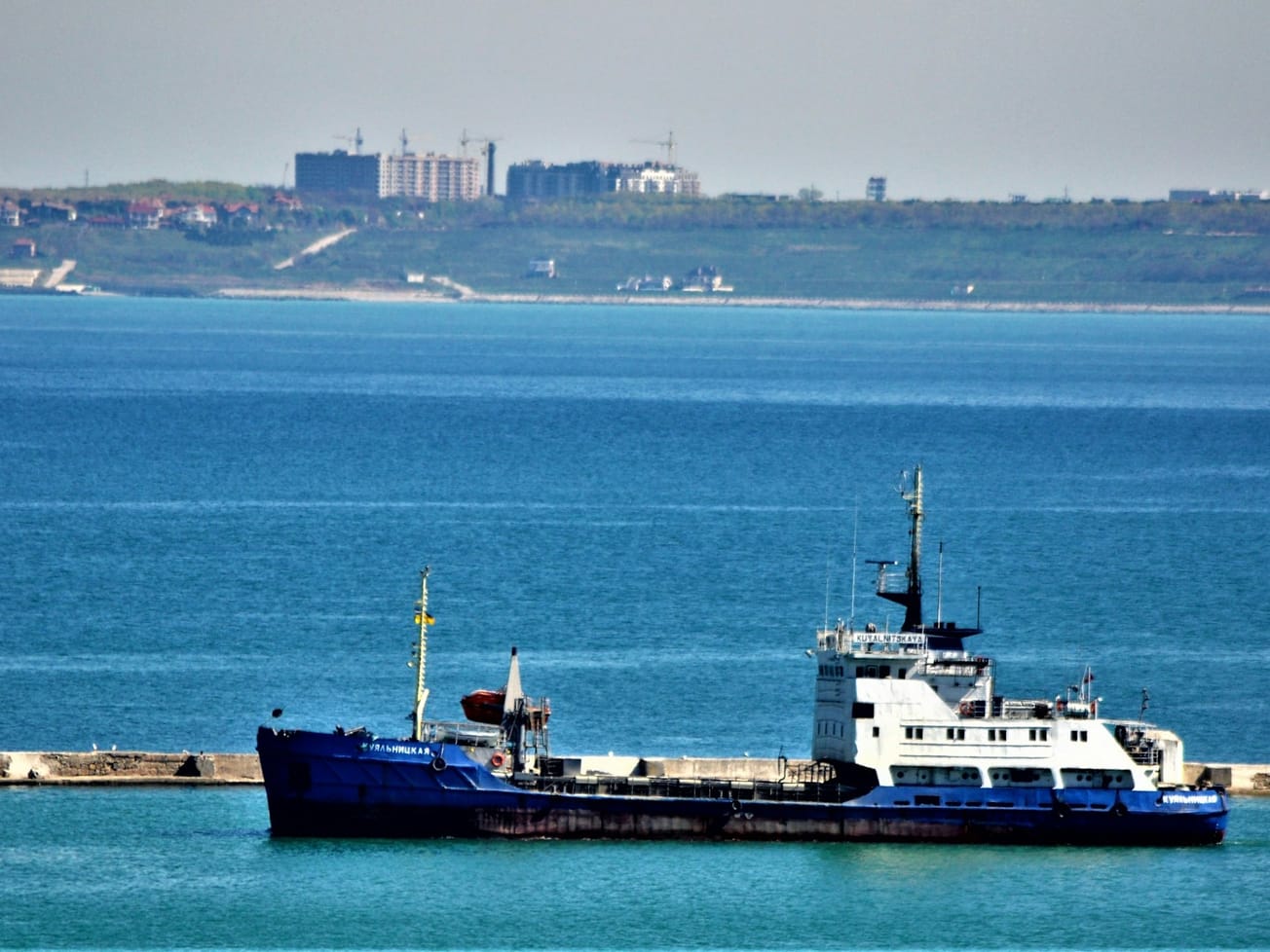
U.N. and partners say $4.1 billion in aid is needed for war-torn Sudan
The aid plan is meant to fund the work of 163 organizations inside Sudan and 83 others in refugee-hosting countries.
Humanitarian action and peace are closely intertwined. Humanitarian organizations alleviate suffering in crisis, while also creating conditions for long-term peace. Through neutral and impartial aid, they help save lives and protect civilians. The international community, led by the U.N. and other organizations, works to bridge the gap between emergency aid and sustainable peacebuilding efforts to rebuild societies shattered by conflict.

Already have an account? Log in
The aid plan is meant to fund the work of 163 organizations inside Sudan and 83 others in refugee-hosting countries.
International aid groups face a daunting task struggling to deliver food, treat the injured and fight disease in Gaza.
Sigrid Kaag, a fluent Arabic speaker with extensive Middle East experience, has endured threats of political violence.
Nations voted 153-10, with 23 abstentions, demanding a cease-fire and expressing 'grave concern' for people suffering.
The U.N.'s global humanitarian appeal for itself and 1,900 partners in 2024 already assumes 40% in unmet needs.
Gaza's aid reached a breaking point as Israel fought to destroy Hamas and groups warned Palestinians face starvation.
For the first time since becoming leader of the world body, António Guterres invoked Article 99 of the U.N. Charter.
The United Nations and agencies rushed to provide humanitarian aid as Israel and Hamas began a four-day truce.
Medical facilities are running out of supplies and fuel, which Israel hasn't allowed into Gaza for a month now.
Despite some humanitarian aid trickling into Gaza through Egypt's Rafah crossing, needs are soaring as tensions flare.
Officials say civilians' basic needs and protections must be upheld in accord with international humanitarian law.
Its new analysis shows each 1% cut in aid to its $5.2 billion annual budget could push 400,000 people toward starvation.
Funding for humanitarian aid has been getting hard to find amid global economic pressures, but the needs are soaring.
Putin says Russia won't rejoin until the West meets its demands to ease shipping of Russian agricultural exports.
Talks are planned for Russia’s Black Sea resort of Sochi almost two months since Russia pulled out of the U.N.-brokered deal.
The conflict has pushed over 20 million people into severe acute hunger, including 6.3 million a step away from famine.
